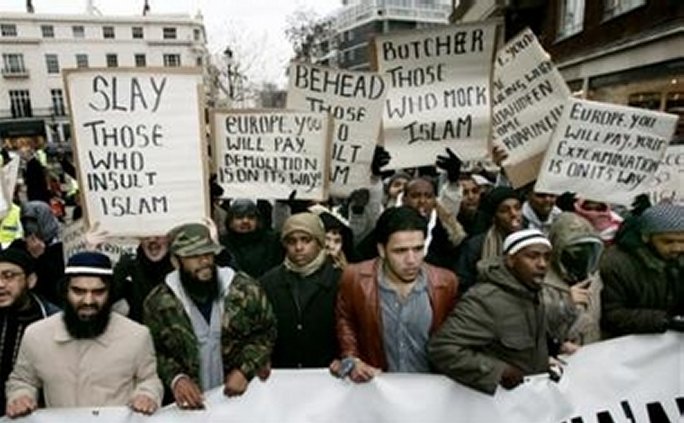But they were always hated.
Hence the Duke of Wellington’s characterization of the troops he used to win the Battle of Waterloo:
scum of the earth.
Hence the quote from Disraeli’s novel, Sybil, about:
Two nations; between whom there is no intercourse and no sympathy; who are as ignorant of each other’s habits, thoughts, and feelings, as if they were dwellers in different zones, or inhabitants of different planets; who are formed by a different breeding, are fed by a different food, are ordered by different manners, and are not governed by the same laws . . . . THE RICH AND THE POOR.
Hence the motion carried by the Eton College debating society in the 1930’s:
The faces of the poor should be ground,
with the amendment that:
The faces of the poor should be underground.
That was a time of open upper class advocacy of eugenics — by among others, Francis Darwin, Maynard Keynes, Winston Churchill and the Fabian socialists H.G. Welles and George Bernard Shaw, the latter appealing to scientists to develop a "humane" gas for exterminating the unproductive.
Today, the same hatred manifests in a genocidal policy of reproductive suppression and mass replacement immigration (yes they need people to keep the real estate development racket going, the greatest source of wealth in Britain, and other Western nations), but not the hated white lower classes. Any people are considered better than that, even the settler Muslims who openly proclaim that “Europe is the Cancer, Islam is the answer.”
This is how liberals do genocide — in Britain, in France, in Germany, in Canada, and in the US of A.

Related:
The Suicide of Europe
